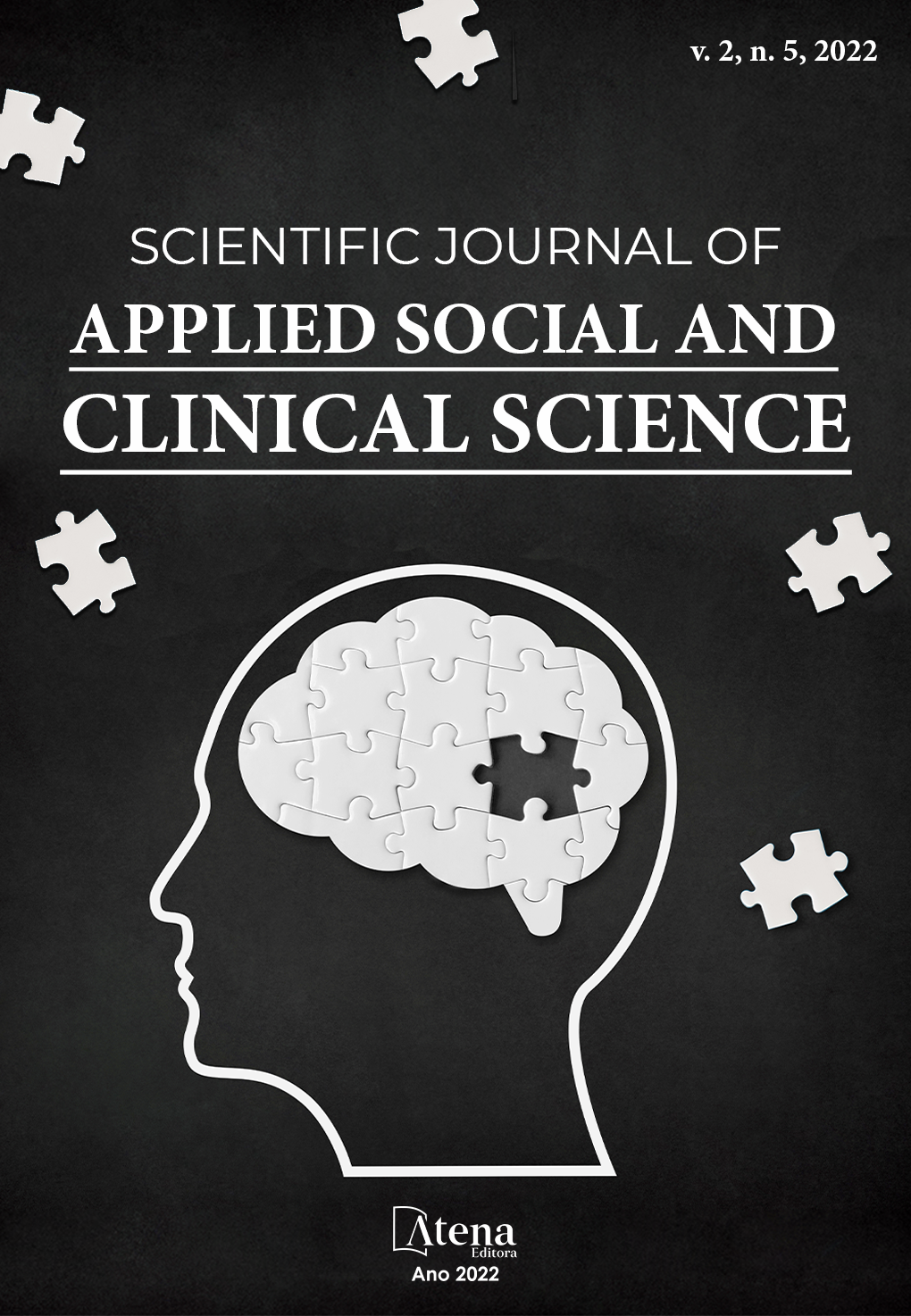
APPLICATION OF THE 'CONTENT ANALYSIS' METHOD IN RESEARCH ON INFORMATION AND KNOWLEDGE MANAGEMENT PROCESSES AS SUBSIDIES FOR INNOVATION GENERATION
Introduction: It reports the evaluation of the application of the 'Content Analysis' method, more specifically the 'Categorial Analysis' technique for the collection and analysis of data in the development of a research that focused on the processes of information and knowledge management as subsidies for the generation of innovation in a business context. Objective: Demonstrate the relevance of using the qualitative method 'Content Analysis' applied in the field of Applied Social Sciences, more specifically in the field of Information Science. Methodology: It includes the description of the method, the universe and the subjects researched, the description of the data collection and the process of construction of the analysis categories. Results: The application of the 'Content Analysis' method, specifically the 'Categorial Analysis' technique, made it possible to understand the investigated topic in depth, proving to be adequate to the proposed initial objectives and the type of investigation, resulting in a consistent analysis. Conclusions: Regarding the analyzed theme, the investigated institution lacks an informational culture, since isolated actions of information management and knowledge management are perceived, which, in turn, are not inserted in institutionalized organizational management processes and, thus, do not exploit their potential. It was evidenced that some activities of information management and knowledge management are already practiced, realizing which ones need to be adopted in order to implement an effective model focused on the generation of innovation, a determining factor for the generation of innovation and that reveals itself as a contribution to the institution.
APPLICATION OF THE 'CONTENT ANALYSIS' METHOD IN RESEARCH ON INFORMATION AND KNOWLEDGE MANAGEMENT PROCESSES AS SUBSIDIES FOR INNOVATION GENERATION
-
DOI: 10.22533/at.ed.216252217032
-
Palavras-chave: Content analysis. Category Analysis. Information management. Knowledge management. Innovation Generation.
-
Keywords: Content analysis. Category Analysis. Information management. Knowledge management. Innovation Generation.
-
Abstract:
Introduction: It reports the evaluation of the application of the 'Content Analysis' method, more specifically the 'Categorial Analysis' technique for the collection and analysis of data in the development of a research that focused on the processes of information and knowledge management as subsidies for the generation of innovation in a business context. Objective: Demonstrate the relevance of using the qualitative method 'Content Analysis' applied in the field of Applied Social Sciences, more specifically in the field of Information Science. Methodology: It includes the description of the method, the universe and the subjects researched, the description of the data collection and the process of construction of the analysis categories. Results: The application of the 'Content Analysis' method, specifically the 'Categorial Analysis' technique, made it possible to understand the investigated topic in depth, proving to be adequate to the proposed initial objectives and the type of investigation, resulting in a consistent analysis. Conclusions: Regarding the analyzed theme, the investigated institution lacks an informational culture, since isolated actions of information management and knowledge management are perceived, which, in turn, are not inserted in institutionalized organizational management processes and, thus, do not exploit their potential. It was evidenced that some activities of information management and knowledge management are already practiced, realizing which ones need to be adopted in order to implement an effective model focused on the generation of innovation, a determining factor for the generation of innovation and that reveals itself as a contribution to the institution.
-
Número de páginas: 12
- Marta Lígia Pomim Valentim
- Elaine da Silva


